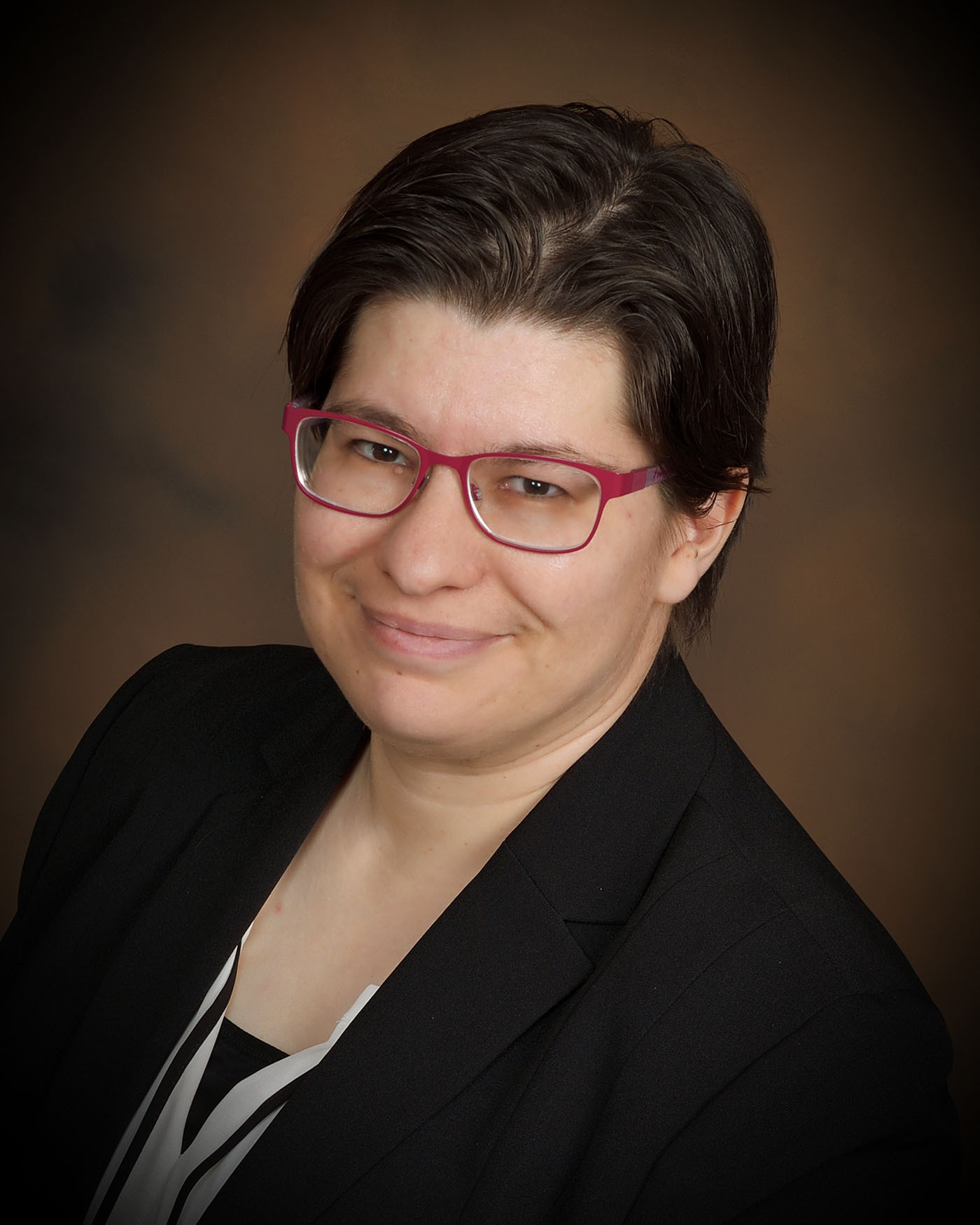
Dr. Sevgi Gurbuz
The International Society for Optics and Photonics, or SPIE, has recognized a member of The University of Alabama’s engineering faculty as one of the 13 Rising Researchers in the 2020 class.
Dr. Sevgi Gurbuz, an assistant professor of electrical and computer engineering, was recognized for her research in radar micro-Doppler signature classification. Gurbuz has worked with radar research for many years and directs the Laboratory of Computational Intelligence for Radar at UA.
The award is only offered to early career professionals who have graduated in the last 10 years. Gurbuz came across the award during her last eligible year and applied immediately. She was shocked when she heard the news.
“I was breathless,” Gurbuz said.
Applicants had to submit a conference paper to SPIE’s Defense and Commercial Sensing Conference, obtain a recommendation letter, send in a comprehensive CV and a 3-minute video explaining the aims and impact of their research. Selections were made by an evaluation team comprised of DCS Steering Committee members, conference chairs, past recipients and SPIE leadership. Recipients were selected based on their track record for leadership, technical contributions and communication abilities.
“Your application excelled in all of these categories,” said Dirk Fabian, the community lead of the Rising Researcher team, in the acceptance email.
One of the benefits of the award is each recipient gets a one-year SPIE membership. Previously, Gurbuz was not an SPIE member, but she has sent several conference papers to SPIE DCS over the years. She plans to continue the membership after the year is up.
The award was presented during the virtual SPIE DCS Digital Forum instead of the previous planned conference in Anaheim, which was canceled due to the novel coronavirus pandemic.
“This is more meaningful to me than Best Paper prizes I have received in the past because it recognizes longer duration, sustained technical contributions,” Gurbuz said.
Gurbuz was set to present two of three accepted papers at the DCS conference, including the paper affiliated with her Rising Research application, entitled “Cross-frequency training with adversarial learning for radar micro-Doppler signature classification.”
Her current research on American Sign Language recognition using micro-Doppler signature classification from a multi-frequency RF sensor network is currently being supported by the National Science Foundation Cyber-Physical Systems Program.